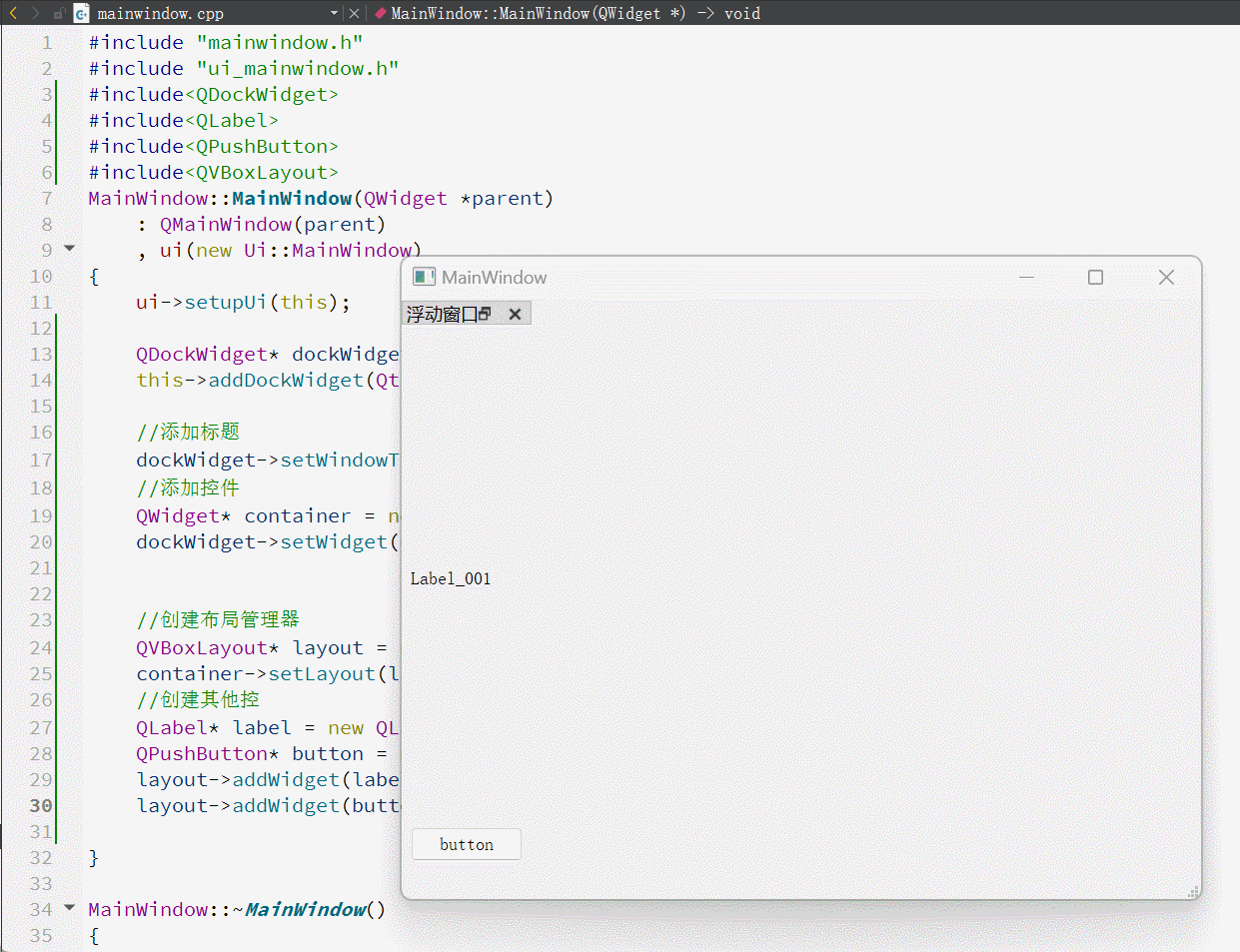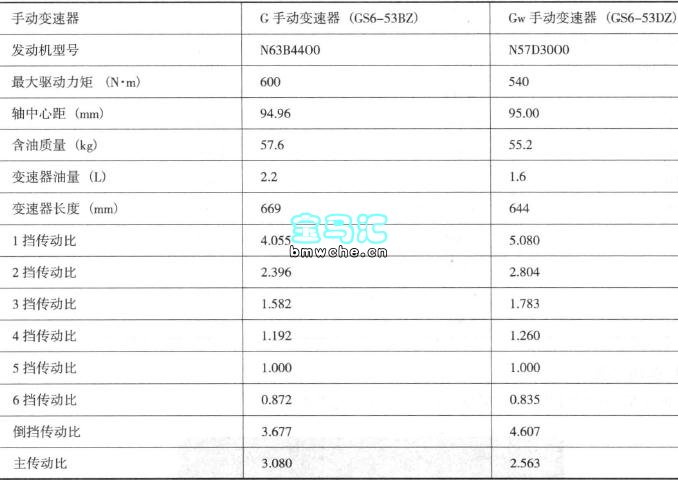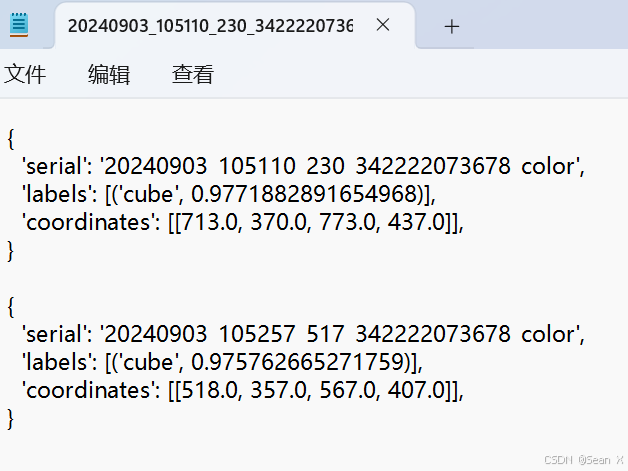如果不是满二叉树或者完全二叉树,就要用链式存储
//搜索二叉树:左子树的所有值比根小,右子树的所有值比根大
// 实现查找,最多找高度次(类似二分法)
//二分查找存在的问题:排序;必须对数组操作,插入删除不方便。
//同一个函数不同的值递归占用的空间是一样的,因为销毁了之后再接着用
//不能递归的深度太深,不然会导致栈溢出
//这段二叉树的递归代码编译完了之后是一份指令,这份指令会自己调用自己,不断建立栈帧,然后销毁栈帧
//一些基本知识点
满二叉树每层节点个数构成一个等比数列
增加一个度为1的节点,一定减少一个度为0的节点。增加一个度为2的节点,一定增加一个度为0的,减少一个度为1的。因为0变到1再变到2。
//由性质3得:
//注意:完全二叉树度为1的节点只可能为1或0
//用满二叉树公式来推,计算一个大概的范围
//根据前序.中序序列写出二叉树
//前序确定根,中序分割左右子树
//一定注意7是右子树,因为中序是左根右
//递归的逻辑过程
//递归的物理过程
//通过ebp(高地址,用来保存主调函数的下一行指令)和esp(低地址,不断建立栈帧开辟空间)
//static静态变量只初始化一次,在多次调用的时候会出现问题,可以改为指针或全局变量(最好不要用),全局变量每次使用的时候记得进行初始化
//求节点个数采用分治思想:分而治之,上一层来指挥下一层
//求叶子节点个数:
//这样写就出错了,当该树为空或者没有左/右结点的时候,访问空指针的下一个节点就崩溃了
//所以应该单独讨论节点为空的时候
//求二叉树高度:
//错误做法:效率问题,超出时间限制
计算左/右子树高度值,左边递归到6,6的左右节点都为0,然后6的值为1。
然后回溯到3,3的左子树返回0,右子树返回1,相比较右子树高度大,即计算右子树高度+1,又因为此时并没有保存6的高度为1这个值,还要继续计算3的右子树6的左子树和右子树的高度值再比较然后再回溯到3,把值+1赋值给3这个节点。
然后3向上回溯到2,2的左子树的高度值为2,右子树高度值为0,相比较应该取左子树的高度值。但此时这个值并没有保存下来,应该再计算3的高度值,此时3的高度值未知,要比较3的左右子树的高度值......(计算方法同上一段)
//综述:节点深度越深,该节点计算次数成倍数增加
//正确做法(把值记录下来):
//总的代码:
//实现二叉树
typedef int BTDataType;
typedef struct BinaryTreeNode
{
BTDataType data;
struct BinaryTreeNode* left;
struct BinaryTreeNode* right;
}BTNode;
BTNode* BuyNode(int x)
{
BTNode* node = (BTNode*)malloc(sizeof(BTNode));
if (node == NULL)
{
perror("malloc fail");
return NULL;
}
node->data = x;
node->left = NULL;
node->right = NULL;
return node;
}
BTNode* CreatBinaryTree()
{
BTNode* node1 = BuyNode(1);
BTNode* node2 = BuyNode(2);
BTNode* node3 = BuyNode(3);
BTNode* node4 = BuyNode(4);
BTNode* node5 = BuyNode(5);
BTNode* node6 = BuyNode(6);
BTNode* node7 = BuyNode(6);
node1->left = node2;
node1->right = node4;
node2->left = node3;
node4->left = node5;
node4->right = node6;
node5->right = node7;
return node1;
}
//遍历只需要注意顺序就好,打印的都是data
//前序遍历
void PrevOrder(BTNode* root)
{
if (root == NULL)
{
printf("N ");
return;
}
printf("%d ", root->data);
PrevOrder(root->left);
PrevOrder(root->right);
}
//中序遍历
void InOrder(BTNode* root)
{
if (root == NULL)
{
printf("N ");
return;
}
InOrder(root->left);
printf("%d ", root->data);
InOrder(root->right);
}
int fun(int n)
{
if (n == 0)
return 0;
return fun(n - 1) + n;
}
// 错误示范
//错因:不能用静态变量,因为如果调用多次这个函数的话,size是一直累加的
// 不能计算出每一次调用时的节点个数
//int TreeSize(BTNode* root)
//{
// static int size = 0;
// if (root == NULL)
// return 0;
// else
// ++size;
//
// TreeSize(root->left);
// TreeSize(root->right);
//
// return size;
//}
//以下两种解法太复杂
//解法1:把它变成全局变量,并且要注意在每次主函数中调用该函数之前要把size初始化为零
//int size = 0;
//int TreeSize(BTNode* root)
//{
// if (root == NULL)
// return 0;
// else
// ++size;
//
// TreeSize(root->left);
// TreeSize(root->right);
//
// return size;
//}
//解法2:把size的指针传进去,通过指针解引用再++来改变size的值
//void TreeSize(BTNode* root, int* psize)
//{
// if (root == NULL)
// return 0;
// else
// ++(*psize);
//
// TreeSize(root->left, psize);
// TreeSize(root->right, psize);
//}
//求节点个数
//采用分治递归的思想
//1.该节点不存在:节点数为零
//2.该节点存在,节点数=左子树节点数+右子树节点数+1
int TreeSize(BTNode* root)
{
return root == NULL ? 0 :
TreeSize(root->left) + TreeSize(root->right) + 1;
}
//求叶子节点个数
int TreeLeafSize(BTNode* root)
{
if (root == NULL)
return 0;
if (root->left == NULL && root->right == NULL)
return 1;
return TreeLeafSize(root->left)
+ TreeLeafSize(root->right);
}
//求深度(树高)
int TreeHeight(BTNode* root)
{
if (root == NULL)
return 0;
int leftHeight = TreeHeight(root->left);
int rightHeight = TreeHeight(root->right);
return leftHeight > rightHeight ?
leftHeight + 1 : rightHeight + 1;
}
// 有效率问题
int TreeHeight(BTNode* root)
{
if (root == NULL)
return 0;
return TreeHeight(root->left) > TreeHeight(root->right) ?
TreeHeight(root->left) + 1 : TreeHeight(root->right) + 1;
}
//int fmax(int x, int y)
//{
// return x > y ? x : y;
//}
//int TreeHeight(BTNode* root)
//{
// if (root == NULL)
// return 0;
//
// return fmax(TreeHeight(root->left), TreeHeight(root->right)) + 1;
//}
int main()
{
BTNode* root = CreatBinaryTree();
PrevOrder(root);
printf("\n");
InOrder(root);
printf("\n");
//递归太深导致栈溢出
//printf("%d\n", fun(10000));
/*int size = 0;
TreeSize(root, &size);
printf("TreeSize:%d\n",size);
size = 0;
TreeSize(root, &size);
printf("TreeSize:%d\n", size);*/
printf("TreeSize:%d\n", TreeSize(root));
printf("TreeLeafSize:%d\n", TreeLeafSize(root));
printf("TreeHeight:%d\n", TreeHeight(root));
return 0;
}






























![LeetCode[中等] 54.螺旋矩阵](https://i-blog.csdnimg.cn/direct/9049d6850a1a49269e96f06336c8d900.png)








